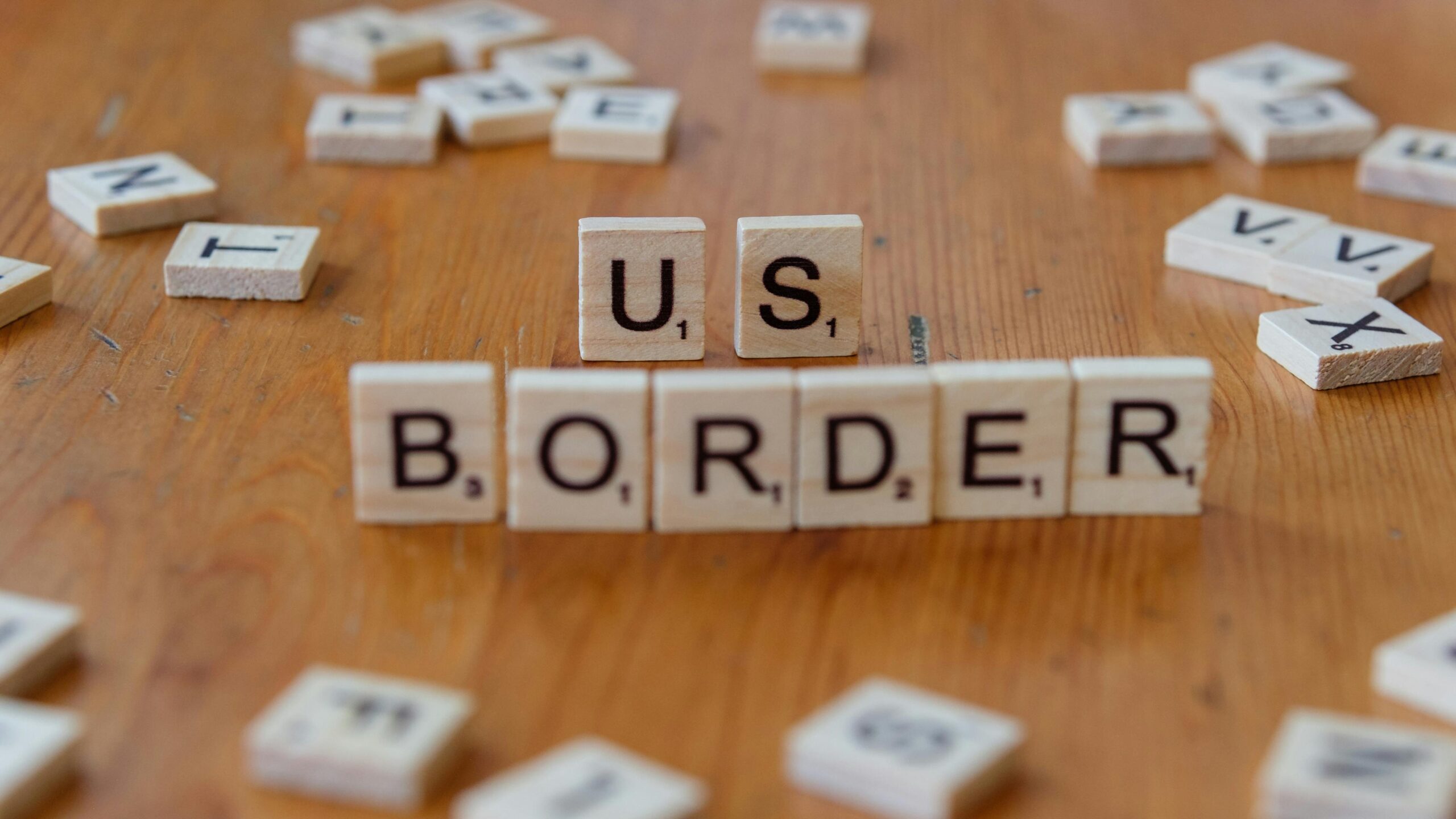Table of Contents
In a significant and widely welcomed development, Immigration, Refugees and Citizenship Canada (IRCC) has announced a postponement of its previously discussed plan to restrict Post-Graduation Work Permit (PGWP) eligibility for certain programs of study. This decision provides a critical, albeit temporary, reprieve for thousands of current and prospective international students whose plans to work in Canada post-graduation were cast into uncertainty. The PGWP is a cornerstone of Canada’s international education system, offering a vital pathway for graduates to gain valuable Canadian work experience, which is often a crucial step towards permanent residency. This postponement signals a moment of reconsideration by the federal government, offering stakeholders a window to adapt and plan for what the future may hold.
A Surprising Reprieve: Decoding the Postponement of PGWP Eligibility Rules
The announcement to delay the implementation of new restrictions on PGWP eligibility has sent ripples of relief through Canada’s international education sector. For months, students, educational institutions, and immigration professionals have been anticipating substantial changes aimed at aligning the international student program more closely with Canada’s domestic labour needs. The initial proposal suggested that graduates from specific study programs, which were deemed to have weaker connections to in-demand occupations, would no longer be eligible for a PGWP. This created considerable anxiety, as the ability to work in Canada after graduation is a primary motivator for many who choose Canada for their studies. The postponement effectively presses pause on these sweeping changes, reverting eligibility criteria to their pre-existing state for the time being. This move suggests that IRCC may be responding to feedback from stakeholders or acknowledging the complexities involved in implementing such a significant policy shift without causing major disruptions to students already in the system.
The Proposed Changes: Which Study Programs Faced PGWP Ineligibility?
While IRCC had not released a definitive list, the proposed changes to PGWP eligibility were expected to target fields of study identified through the Classification of Instructional Programs (CIP) system. The underlying strategy was to channel international talent towards sectors experiencing acute labour shortages, such as healthcare, skilled trades, construction, and STEM (Science, Technology, Engineering, and Mathematics). Consequently, programs with lower direct alignment to these priority sectors were at risk of being excluded. This could have included certain arts, humanities, and business administration programs that do not lead to readily identifiable, in-demand occupations. The government’s rationale has been clear: to enhance the integrity of the international student program and ensure it serves as a reliable pipeline for talent that can integrate quickly into the Canadian economy. By using CIP codes to differentiate between programs, IRCC aimed to create a more targeted system that rewards educational choices that directly support Canada’s economic objectives. The postponement now provides a grace period, but the fundamental policy direction towards labour market alignment remains a key long-term goal for Canadian immigration.
Key Takeaways for Current and Prospective Students
This policy delay has immediate and practical implications for international students. Understanding these nuances is crucial for making informed decisions about your educational and professional future in Canada. It’s a moment of opportunity, but one that requires careful consideration of the long-term policy trends. Here is a breakdown of what this postponement means for different groups of students:
- For Current Students: If you are currently enrolled in a program at a Designated Learning Institution (DLI) that was at risk of becoming ineligible, you can breathe a sigh of relief. For now, the existing rules apply. Your primary focus should be on maintaining your academic standing and meeting all the requirements of your study permit. This stability allows you to proceed with your studies with the reasonable expectation of being able to apply for a PGWP upon successful completion, provided you meet all other eligibility criteria.
- For Prospective Students: The landscape is temporarily stable, but the writing is on the wall. This postponement should not be mistaken for a permanent cancellation of the proposed changes. When selecting a program of study, it remains highly advisable to research its connection to Canada’s labour market needs. Choosing a program in a high-demand field like healthcare, technology, or the skilled trades can be a strategic decision that insulates you from future policy shifts.
- For Recent Graduates: If you have recently graduated and are preparing to apply for your PGWP, this announcement does not alter your process. You will be assessed based on the rules in effect at the time you apply. The news, however, reinforces the dynamic nature of Canadian immigration policy and the importance of submitting a complete and timely application.
- The Imperative of Vigilance: This delay is a temporary measure. All students should remain proactive and stay informed about future announcements from IRCC. Regularly checking official government sources for updates is essential to avoid being caught off guard by any reintroduction of these or other changes.
The Broader Context: Why IRCC is Re-evaluating PGWP Eligibility
This potential overhaul of the PGWP is not happening in a vacuum. It is part of a much larger, strategic re-evaluation of Canada’s entire international student program. In recent years, the program has grown exponentially, bringing immense economic and cultural benefits but also creating significant challenges. These include immense pressure on housing, healthcare, and other social infrastructure, as well as rising concerns about program integrity and cases of student exploitation. In response, IRCC has been introducing a series of measures to manage student intake levels and ensure the system is sustainable and beneficial for both Canada and the students themselves. The move to link PGWP eligibility more directly with labour market needs is a core component of this strategy. The goal is to create a more intentional immigration system where international students are set up for successful careers that contribute to filling critical job vacancies. This helps ensure that the graduates who stay in Canada as permanent residents have the skills the country needs most, strengthening the economy and ensuring a smoother integration process for newcomers. While the changes are postponed, the underlying drivers for this policy shift remain powerful and are likely to shape the future of the PGWP program.
Frequently Asked Questions
What is a Post-Graduation Work Permit (PGWP)?
The Post-Graduation Work Permit is an open work permit available to eligible international students who have graduated from a program at a Canadian Designated Learning Institution (DLI). It allows graduates to gain valuable Canadian work experience, which can be used to help qualify for permanent residence.
What does the postponement of PGWP eligibility changes mean?
This postponement means that the previously announced government plan to make certain study programs ineligible for the PGWP will not be implemented at this time. The existing eligibility rules will remain in place, providing a temporary period of stability for current and prospective students.
How can I check if my program is PGWP-eligible?
To check for PGWP eligibility, you must confirm that your school is a Designated Learning Institution (DLI) and that your specific program of study qualifies. This information is typically available on the school’s website and should be verified against the official criteria listed on the IRCC website.
Why does IRCC want to change PGWP eligibility?
IRCC aims to align the international student program more closely with Canada’s economic priorities and labour market needs. By linking PGWP eligibility to in-demand fields, the government seeks to ensure that international graduates have strong employment prospects and can fill critical job shortages.
Does this PGWP eligibility postponement affect my study permit?
No, this announcement specifically concerns the Post-Graduation Work Permit and does not directly affect the status or processing of your study permit. The study permit authorizes you to study in Canada, while the PGWP is a separate application to work after graduation.
Talk to us to find out more. ->
The content above is not intended to provide legal advice or opinions of any kind and may not be used for professional or commercial purposes.







